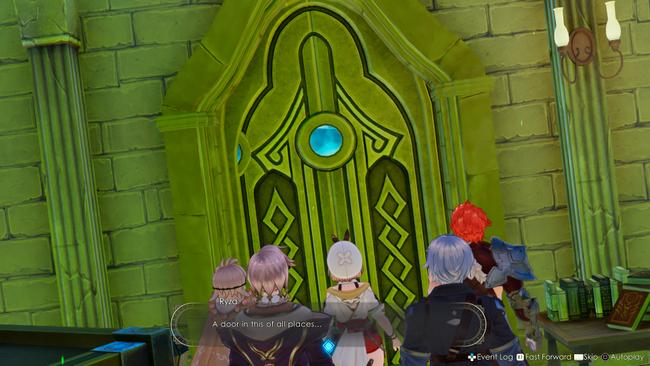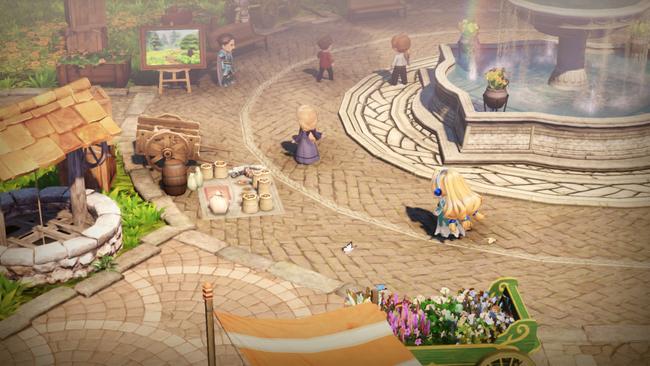Translating an RPG is tough, but acting like issues don't exist is not a good look
Earlier today, we published our interview with the Head of Gust, Junzo Hosoi, about the upcoming Atelier Marie Remake - and while most of the answers to our questions were in line with what we expected, one, in particular, stood out for the simple fact that it sidestepped the question we had asked entirely. When asked about what challenges the team might have faced with releasing titles like Atelier Marie Remake and Atelier Ryza 3 simultaneously worldwide, Hosoi simply stated that "Our efforts to improve the quality and speed of localization have continued from previous titles and have paid off with Atelier Ryza 3 and Atelier Marie Remake."
Atelier Ryza 3: Alchemist of the End & the Secret Key was released back in March, and we thought it was an excellent conclusion to Ryza's story. However - the game's translation has more than its fair share of issues. Our reviewer, Nathan Lee, dedicated a whole paragraph to the translation issues in his review; and I felt much the same during my own playthrough. Numerous aspects of the game's translation are simply inexcusable; yet, understanding that the game was Gust's first simultaneous release, I didn't want to hold it against them or Koei Tecmo - their publisher.

When we were offered the opportunity to ask Junzo Hosoi some questions about the upcoming remake, which is also slated to be a simultaneous release, I decided it was worth probing about whatever challenges the company might have faced when endeavoring to bring the games to an English-speaking audience at the same time as the domestic Japanese release. The response? Side-stepping the question entirely, to imply that both the speed, as well as quality, of the company's translations have never been better.
I didn't exactly expect an in-depth response, comprising every little issue that might've arisen during the game's localization process; when an interview is conducted over email, where an outlet has to send every question in advance there's always the expectation that any of the tougher questions might not be met with a response. I've certainly had some questions thrown out in the past, but usually, you don't see a company almost gleefully striking out at a softball pitch like this one. Which, of course, is what makes this response all the more unusual.

Now, you don't have to spell it out to me - translating any video game is tough work, especially any as text-heavy as Atelier Ryza 3. Maybe Atelier Marie Remake will launch in a better state, and Ryza 3's translation will be an unfortunate anomaly that was a result of the size and scope of the project. That's fine; I wasn't asking for an apology for the state of the game's translation - as a player, a fan, and a translation enthusiast I genuinely wanted to know about what went into the project. Flawed as the release product was, the fact that they managed to (almost) stick the landing for a simultaneous release should be cause for celebration; and far be it from me to minimize the efforts that a team has put into making that goal a reality.
Yet it's not fair to anyone - the developers, who worked on the original script, and surely would prefer for it to be experienced in as best a way as possible by players; the players, who in many cases had to struggle to decipher what the game was trying to tell them; and the localization team, who I'd be hard-pressed to believe that anyone on the project was truly happy with how the final product turned out - to ignore that those issues exist entirely. There's no shame in a translation being imperfect, as there's always room for even the best translations to improve. However, the only way that translations can improve moving forward is by accepting and acknowledging when issues arose.